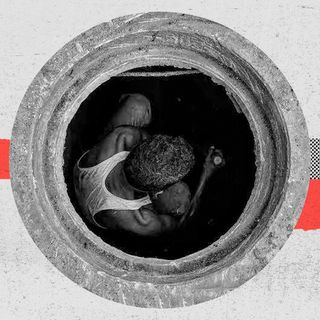The government has formalized a list of 58 surgical procedures that Ayurveda practitioners can perform. Published by the Central Council of Indian Medicine (CCIM), a statutory body under the AYUSH Ministry, last week, the list has drawn flak from the Indian Medical Association (IMA) for combining the disciplines of modern and traditional medicine.
However, the AYUSH Ministry issued a press release yesterday afternoon stating that the notification does not, in fact, mark a shift in any health policy, and is a clarification of the Indian Medicine Central Council (Post Graduate Ayurveda Education) Regulations, 2016, which permitted Ayurveda practitioners specialized in the Shalya and Shalakya branches of the discipline to perform certain surgeries. However, reports suggest that these 39 general surgery procedures, and around 19 procedures involving the eye, ear, nose and throat have been performed in Ayurveda institutions for over 20 years. “Since beginning, Shalya and Shalakya are independent Departments in Ayurveda colleges, performing such surgical procedures,” the ministry’s clarification note reads.
The notification marks the latest step taken by the government to lend greater credence to the practice of traditional medicine — a move that the IMA described as “poaching the disciplines of modern medicine through back door means,” terming the development a “retrograde step of mixing the systems.” But, the AYUSH Ministry argued that: “All scientific advances including standardized terminologies are inheritances of the entire mankind. No individual or group has monopoly over these terminologies.”
The IMA’s criticism stems from the fear of combining disciplines, rather than the research and development of traditional medicines itself. “If the [government] wants to promote surgery in Ayurveda, it can create its nomenclature [and] train students. But by promoting mixopathy, it is playing with health of Indians,” Santanu Sen, former IMA chief, told the media.
Related on The Swaddle:
AYUSH Disciplines Have Value in the Context of Covid19, Despite Unscientific Claims Like Patanjali’s
The government has been attempting to draw mainstream attention to traditional medicine with PM Narendra Modi urging citizens to adopt the AYUSH Ministry’s immunity-boosting guidelines amid the pandemic, and with the AYUSH Ministry conducting clinical trials of traditional herbs and an Ayurvedic anti-malaria medicine to test their efficacy against Covid19, despite strong criticism.
Earlier this year, reports had also emerged that the government plans to roll out a policy integrating modern and traditional systems of medicine like allopathy, homoeopathy and Ayurveda in medical practice, as well as in education and research by 2030. “The government is trying to shift the focus away from the ‘-pathy’ part of medicine, which means that it should not matter if it is allopathy, homoeopathy or Ayurveda, as long as the person benefits from the treatment,” a government official had told The Print in September.
India’s stance on traditional medicine has garnered the attention of the World Health Organization (WHO) as well. This month, the WHO announced that it will set up a Global Centre for Traditional Medicine in India “to strengthen the evidence, research, training and awareness of traditional and complementary medicine.”
The present notification is an attempt to “set boundaries by specifying the list of procedures so that practitioners restrict themselves to the set of surgical procedures as mentioned in the regulation,” Vaidya Jayant Devpujari, Chairman of Board of Governors, CCIM, said.




